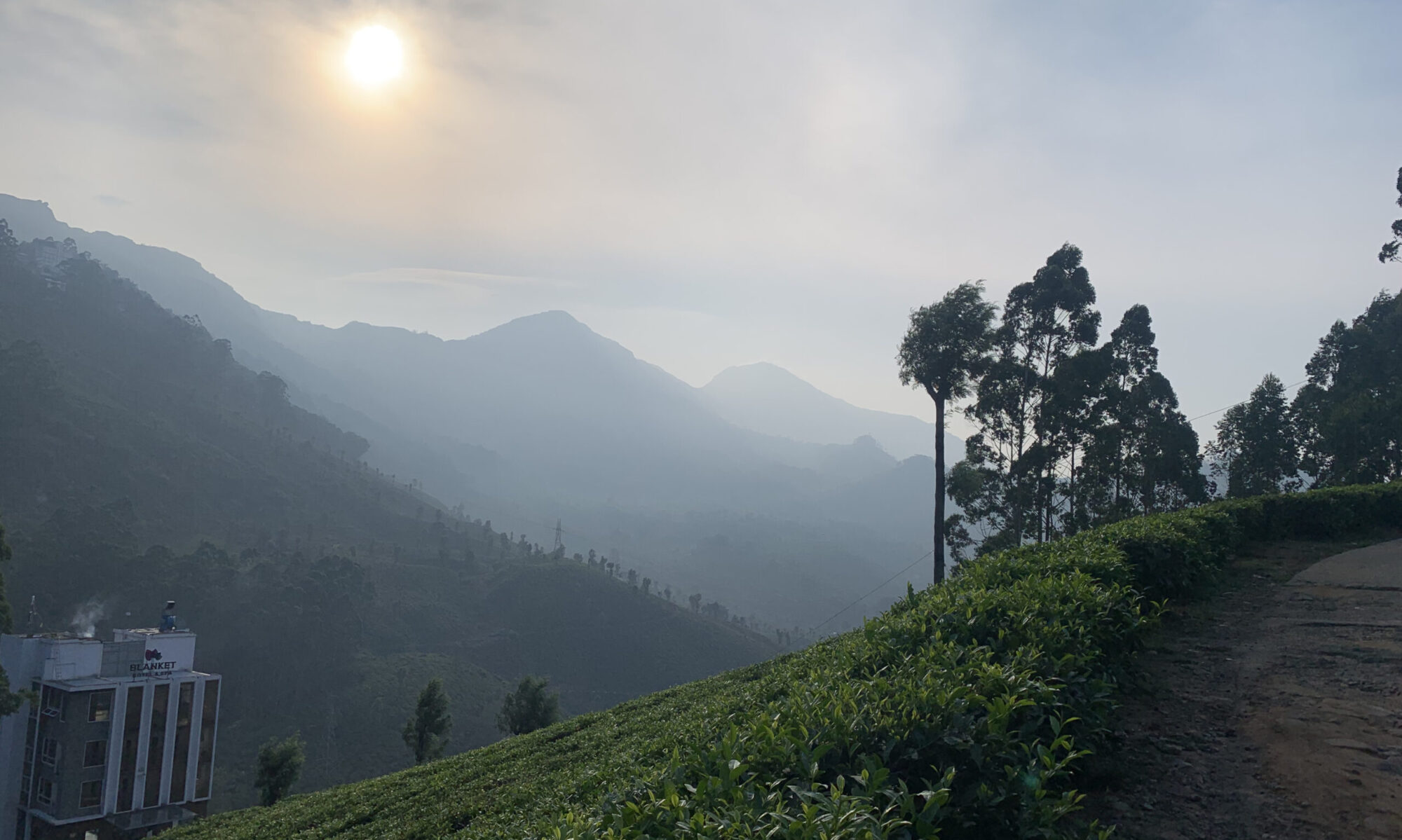Accepted Papers
Bridging the Gulf: How Migration Fosters Tolerance, Cosmopolitanism, and Support for Globalization (with Nikhar Gaikwad and Kolby Hanson)
Accepted at the American Journal of Political Science
Immigration has been shown to drive ethnocentrism and anti-globalization attitudes in native-born populations. Yet understanding how global integration shapes intercultural relations also necessitates clear evidence on how migration affects the attitudes of migrants. We argue that migration can foster tolerance, cosmopolitan identities, and support for international cooperation among migrants who experience sustained contact with other cultural groups. We evaluate this theory with the first randomized controlled trial resulting in overseas migration, which connected individuals in India with job opportunities in the Persian Gulf region’s hospitality sector. Two years after the program began, individuals in the treatment group were significantly more accepting of ethnic, cultural, and national outgroups. Migration also bolstered support for international cooperation and cultivated cosmopolitan identities. Qualitative and quantitative evidence links these changes to intercultural contact overseas. By focusing on migrants rather than native-born individuals, our study illustrates how cross-border mobility can facilitate rather than undermine global integration.
Can Party Elites Shape the Rank-and-File? Evidence from a Recruitment Campaign in India (with Saad Gulzar, Sarah Thompson, and Durgesh Pathak)
Conditionally accepted at the American Political Science Review
Recruiting a large number of ground workers is crucial for running effective modern election campaigns. It is unclear if party leaders can shape the quality and quantity of the unpaid rank-and-file force as they can with prized nominations for candidates. We analyze a field experiment conducted by an Indian party that randomized recruitment messages reaching 1% of a 13-million person electorate to join its rank-and-file. Contrary to concerns that parties can only attract a few poor-quality volunteers, we show that elite efforts can shape the rank-and-file. In fact, specific strategies can increase the size, enhance the gender and ethnic diversity, and broaden the education and political skills of recruits. Recruitment strategies that signal gender inclusiveness have a lasting impact up to three years later across multiple campaign cycles. Taken together, this paper provides the first causal evidence that rank-and-file recruitment is an opportunity for elites to shape long-term party development.
Under Review
Do Multi-dimensional Quotas Improve Social Equality? Intersectional Representation & Group Relations (with Rachel Brulé)
Can quotas mandating descriptive political representation dismantle social hierarchy? Quotas are typically utilized to resolve gender hierarchies that result in women’s exclusion from political power. Yet social hierarchy is multi-dimensional. Mandating political inclusion on one identity (gender) may be insufficient. We posit that quotas mandating representation on two dimensions (ethnicity and gender) disrupt multi-dimensional hierarchy, improving inter-group relations beyond one-dimensional gender quotas. We analyze the causal effect of the world’s largest quota system, with quasi-random quotas for women, disadvantaged ethnicities, and women from disadvantaged ethnicities in India. Utilizing multiple datasets covering India since quota imposition, we find one-dimensional gender quotas temporarily lessen hierarchical barriers to inter-group interactions in public whereas one-dimensional ethnic quotas worsen interactions. However, two-dimensional quotas consistently diminish public and private hierarchy, durably improving inter-group relations. Suggestive evidence indicates this relationship travels globally. Our results demonstrate the necessity, and limitations, of using descriptive representation to improve social relations.
Working Papers
My Way and the Highway: Embedded Bureaucrats and Bargaining Over Land for Infrastructure
Infrastructure is critical for economic development, but states often face vigorous opposition to land acquisition for infrastructure from landowners. Intermediaries, such as bureaucrats embedded in local communities, could mediate between state and society, but they may also extract resources for citizens thereby increasing the state’s costs. I argue that when the state can offer rent-seeking opportunities, embedded bureaucrats intervene on behalf of the state. Using a difference-in-differences design, I demonstrate that embedded bureaucrats decrease observed opposition by 9-12 percent. I test three possible mechanisms for their effectiveness: reduction in agency costs, improved responsiveness to the community, and lowering the costs of information gathering. I find the most evidence for the agency cost explanation. Because politicians can punish embedded bureaucrats informally, bureaucrats are more willing to coerce landowners. The paper, therefore, makes explicit the conditions under which intermediaries between state and society intervene on behalf of the state and enforce bargains with citizens.
How Migrating Overseas Shapes Political Preferences: Evidence from a Field Experiment (with Nikhar Gaikwad and Kolby Hanson)
Debates about how immigration affects the welfare state have often emphasized immigrants’ preference for high redistribution. While existing work has examined natives’ attitudes toward access to the welfare state, we know very little about migrants’ preferences about redistribution and how they are shaped by the experience of migration. This paper demonstrates that access to overseas employment reduces support for taxation and redistribution by bolstering individuals’ economic independence. We present results from a randomized controlled trial to facilitate migration from India to the Middle East for work. The intervention resulted in high rates of cross-border migration and significantly reduced support for taxation and redistribution amongst migrants, but not amongst their left-behind family members. We show that both migrants and their family members registered significant economic gains. We attribute their diverging redistribution preferences to migrants’ increasing financial independence from earnings compared to family members’ increasing dependence on remittances. Our results speak to longstanding debates about how economic gains shape preferences for redistribution and shed new light on the micro-level mechanisms by which globalization can undermine the welfare state.
Work-in-Progress
The Value of Legibility: How Land Record Digitization Dampens Infrastructure Investment
This Land is Mine Land: Extractive Projects and Coercive Benefits in India (with Emily Russell)
Vote Tourism: How Local Elected Officials Cheat to Signal Loyalty in Hungary (with Liam Rose)
